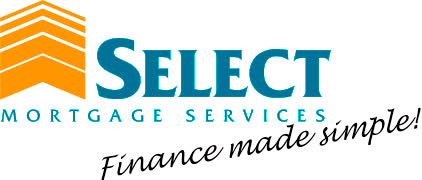A Simple Guide to Home Equity
You can easily consider your home as your most valuable asset. Under the right circumstances, the equity behind it can be used as a powerful tool for wealth creation. By unlocking the equity in your home, you have the opportunity to purchase an investment property, go on a family holiday, start a business, complete some much-needed home renovations, pay for your children’s education, or improve your lifestyle in other ways.
But you might be asking what is equity and how do I access it?
Home equity, in layman’s terms, is the difference between the value of your property and how much you owe on it. As you reduce the amount you owe on your home loan and your property value increases, your equity increases, and vice versa. If your property value decreases or your loan amount increases, the equity on your home reduces. For example, if your home is worth $600,000 and you still owe $200,000, you could have up to $400,000 in equity to access.
The great thing about equity is you can borrow up to 80% of your property value to fund either a personal or business venture without needing to sell your home entirely. While lenders will allow you to acquire the usable equity of your home (80% of property value), you may still be able to borrow more by paying the Lenders Mortgage Insurance or a low deposit premium.
However, if you are over 65 and own your home, you may be able to take advantage of a reverse mortgage. Under a reverse mortgage, you can withdraw regular payments on your loan periodically or in a lump sum without limiting your lifestyle or selling your home.
To access your equity, you can take out an additional loan or increase your current home loan credit limit. However, to be approved, the bank will consider various factors surrounding your financial circumstances, such as your income, your age, living expenses, any outstanding debts, and your children. The amount you can access also depends on the outcome of your property valuation – which determines the overall value of your home.
In all cases, you should think wisely about how, and if, you can afford to use the equity in your home. Borrowing against it also means to increase the amount you owe on your home loan and can result in higher monthly or weekly repayments. You must take into consideration your financial position to determine whether you can take on the extra responsibility of your property acting as security.
There are various ways that you can quickly grow your equity without waiting for the property value to increase on its own. You can do this by renovating or extending your home, reducing your loan balance by making larger or more regular repayments, or by opening an interest offset account so your savings can offset against your loan balance to reduce the interest payable.
While accessing the equity in your home can open you up to various opportunities that can increase your wealth or improve your lifestyle, there are risks involved. If you fail to make the required repayments on the amount you borrowed, you may lose your property. That is why it is imperative to seek professional advice about your financial position to discuss whether accessing your equity can help you achieve your financial goals.
At Select, we offer quality, no-obligation and free advice about how you could use and benefit from the equity in your current property. If you would like to find out more about how you can use or access your equity, give one of our friendly brokers a call.
